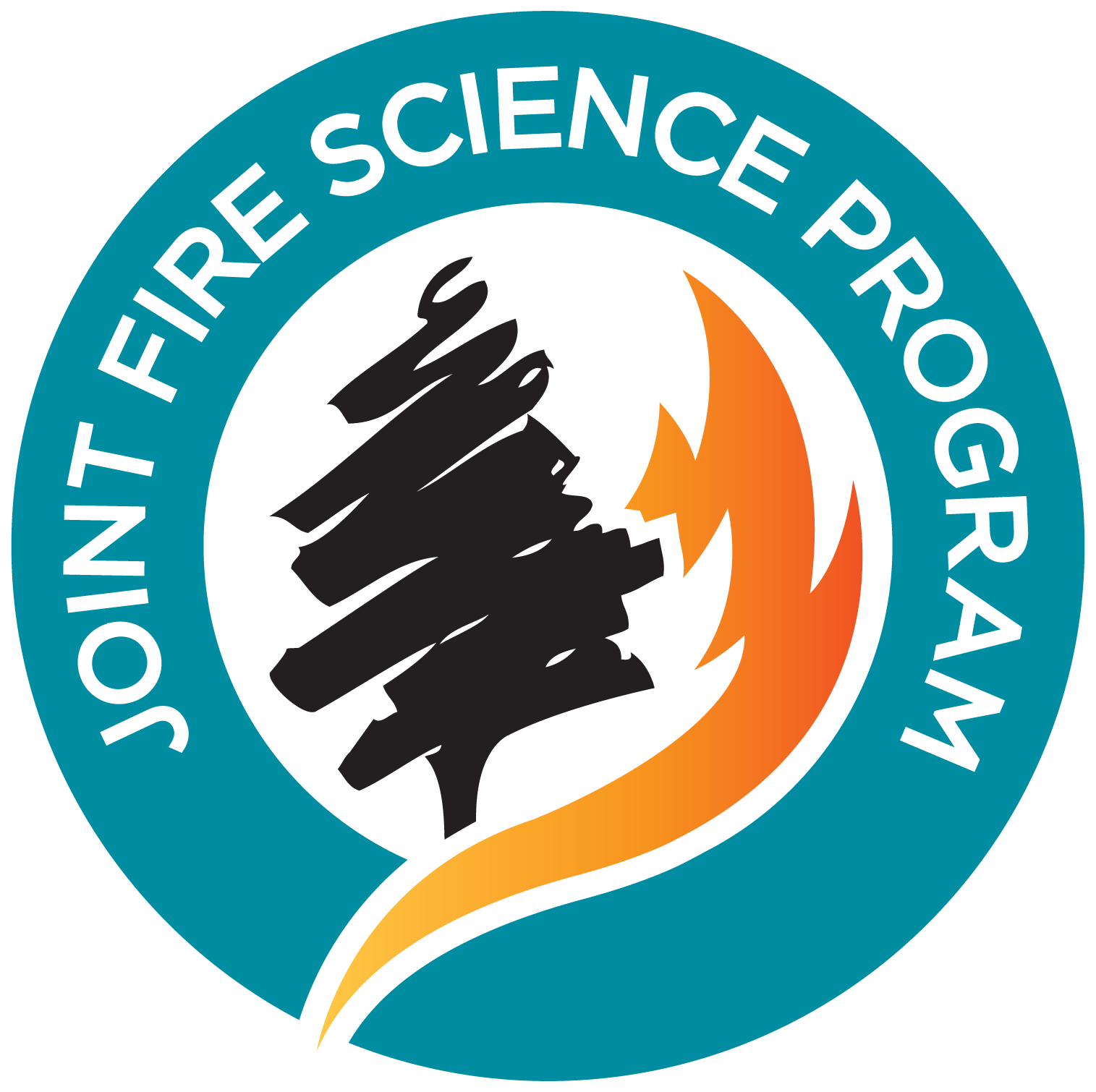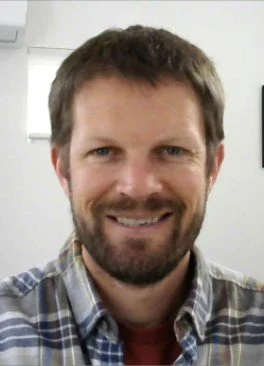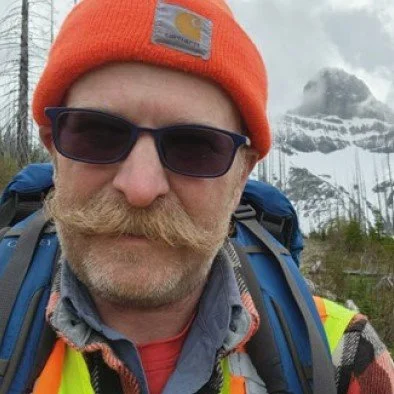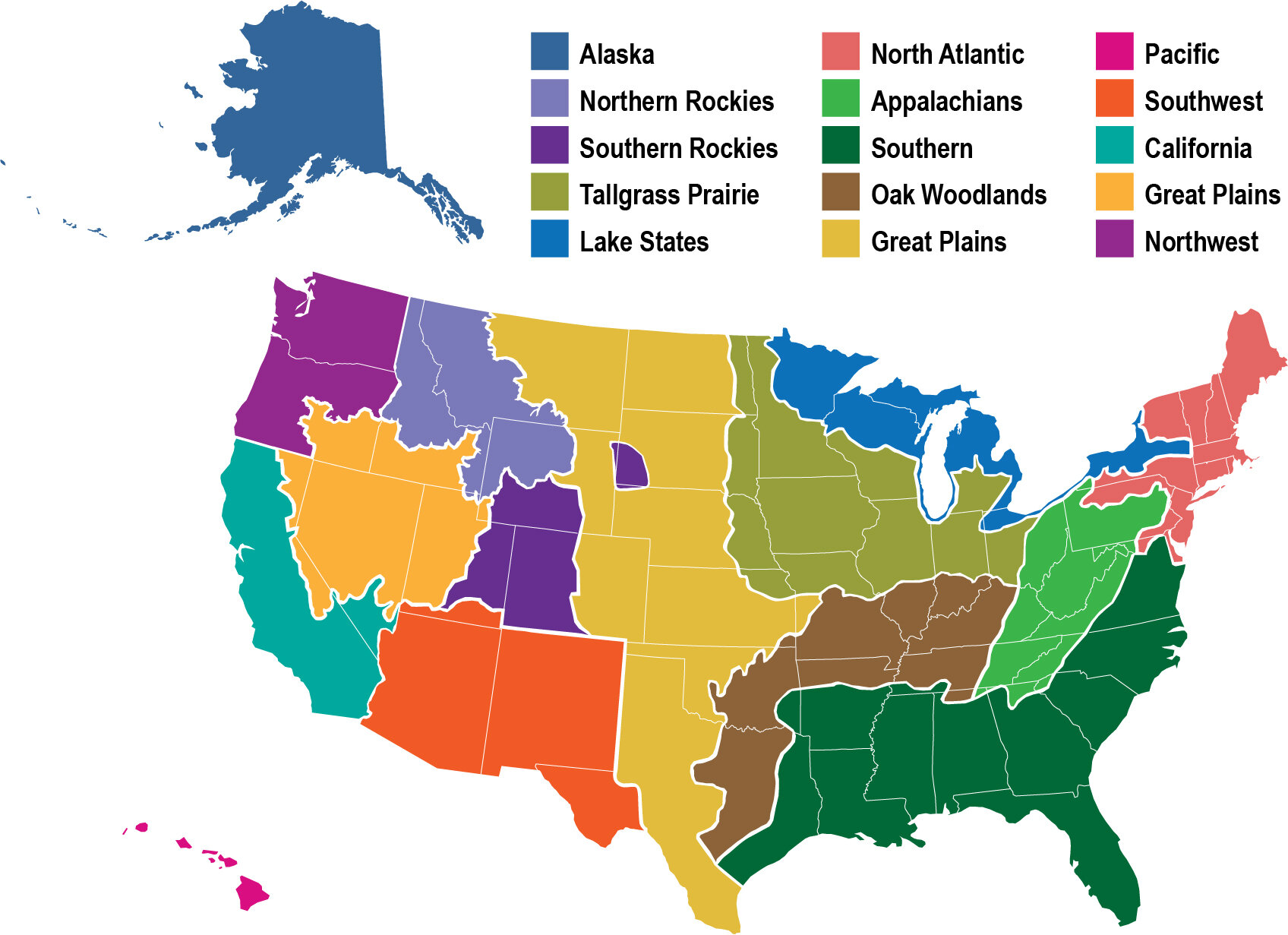Upcoming Lectures
The search for general relationships between fire and biodiversity
Date: April 17, 2025 Time: 2 pm PST
Location: UC Davis PES 3001 or via Zoom
Abstract: Wildfires are a major driver of biodiversity patterns globally. In many ecosystems of North America, fires are becoming increasingly frequent and/or severe due to a combination of past land management practices and climate change. These shifts are likely to impact plant and animal populations and communities in complex and perhaps surprising ways. Further, managing pyric landscapes for biodiversity amidst these changing dynamics is challenged by the variable response of flora and fauna to fire. Using recent research from the western United States, this seminar will illustrate some of the variable ways biodiversity responds to fire in forested systems as well as explore general hypotheses that may help set management targets for biodiversity conservation in light of shifting fire regimes.
Bio: Zack Steel is a Research Ecologist based in Fort Collins, CO. Zack received his PhD from the UC Davis Graduate Group of Ecology and did a postdoc at UC Berkeley. Zack’s research focuses on the consequences of global change (especially changing disturbance patterns) for biodiversity and ecosystem resilience, with an emphasis on fire in western forests. His research team is leading a number of ongoing projects include assessments of the impacts of fire, drought, and fuels reduction treatments on multiple taxonomic groups such as forest birds and bats.
Lessons from first-entry burns and reburns: from novel fire exclusion to fire-adapted landscapes
Date: April 24, 2025 Time: 2 pm PST
Location: UC Davis, 242 Asmundson Hall or via Zoom
Abstract: Following an unprecedented period of fire exclusion in many western North American forests, wildfires are not only returning but also increasing in their area burned and severity. These trends are expected to intensify under climate change. However, recent research on reburned landscapes reveals strong negative feedbacks on future fire severity through the process of burning and returning landscapes. In an era of fire exclusion, many of us have perceived burn scars as isolated within previously unburned forested areas. As reburns become more common, future wildfires will increasingly encounter past fires that act as short-term barriers to fire spread followed by longer periods of fuel limitation, particularly following multiple reburn events. In this presentation, we will examine fire-vegetation dynamics in burned and reburning landscapes and implications for climate adaptation strategies for western North American forests. The presentation will detail ongoing research from eastern Washington, interior British Columbia and the western Klamath region of northern California.
Bio: Dr. Susan Prichard is a fire ecologist and has worked as a research scientist for the past 20 years at the University of Washington School of Environmental and Forest Sciences. Her main interests are in the effects of fire and other disturbances on forest dynamics, climate change on forest ecosystems, and fuel treatment options to mitigate fire severity and smoke impacts in fire-prone forests. She lives full-time in the Methow Valley near Winthrop, Washington. Having lived through record-setting wildfire seasons, she is focused on applied research questions that help to inform adaptive management under climate change. Her methods include innovative approaches to wildland fuel characterization and fire modeling. Dr. Prichard received her bachelor’s degree from The Evergreen State College in Olympia, WA, and her MS and PhD in ecosystem science from the University of Washington in Seattle.
Past Lectures
Ecocultural stewardship of oak woodlands and riparian forests for diverse outcomes
Abstract: Oak woodlands and riparian forests are among the rarest California ecosystems. They support considerable biodiversity and provide many additional benefits which can be enhanced through frequent fire. Indigenous peoples recognize these outcomes, and their stewardship practices illustrate opportunities to achieve ecosystem resilience as illustrated through applied fire studies in these systems.
Bio: Don Hankins is Professor of environmental geography at CSU Chico and Field Director for the Big Chico Creek Ecological Reserve. His areas of expertise include pyrogeography, conservation, and Indigenous land and water stewardship. His research includes wildland fire with an emphasis on applied landscape scale cultural and prescribed fires, and their implications to biodiversity conservation and environmental change. Don engages in various aspects of land stewardship, policy, and conservation with a variety of organizations and agencies including Indigenous entities in North America and Australia.
Contextualizing contemporary and future fire regimes in western US forests
Date: February 19, 2025 Time: 3:30 pm PST
Location: UC Davis PES 2005 or via Zoom
Abstract: Area burned by wildfires has substantially increased in recent decades in western US forests. Over this time period (mid-1980’s –present), western US forests have experienced individual years with exceptionally high area burned, leading some to conclude that recent years are ‘unprecedented’. Although it is well documented that wildfire was fairly common across many forest types prior to colonization by Europeans, questions remain as to whether fire activity in some of the individual recent years (e.g. 2020) begins to approach or exceed what occurred prior to widespread fire exclusion. At the same time, many practitioners and scientists have suggested that fire severity (i.e. ecological effects of fire) is far more important consideration than metrics of area burned and fire size. In this presentation, I’ll contextualize contemporary fire regimes, in terms of both area burned and fire severity, with comparisons to historical fire regimes. I’ll also present some new research showing projected fire regimes under ongoing climate change.
Bio: Sean Parks is a Research Ecologist with the Rocky Mountain Research Station, US Forest Service. Sean holds a BS in Environmental Management and an MA in Geography, both from UC Davis. He also holds a PhD in Forestry and Conservation from University of Montana. Sean’s research interests include fire-climate relationships, departures between historical and contemporary fire regimes, prescribed fire in wilderness, and how climate-induced species range shifts will or will not unfold. Sean is enthusiastic about using wilderness as a natural laboratory for studying fire!
*** The FFERAL Lecture Series will be live streamed via Zoom as well as in person at UC Davis PES 3001 ***







